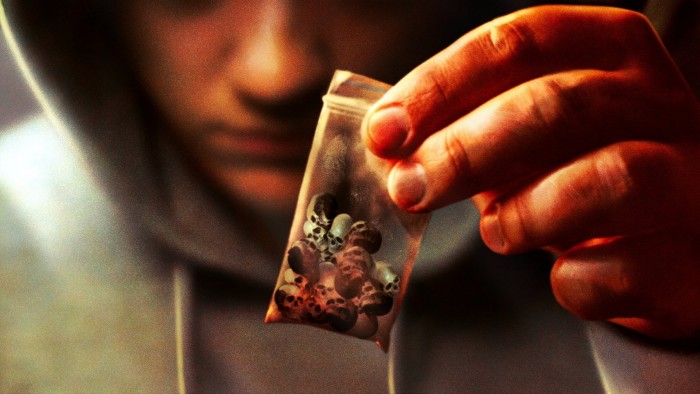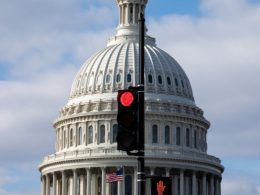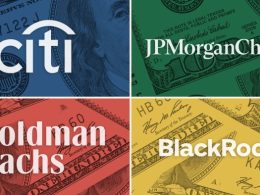Unlock the Editor’s Digest for free
Roula Khalaf, Editor of the FT, selects her favourite stories in this weekly newsletter.
When you buy a joint from a legal dispensary in New York and light up, who is at risk of harm? The answer is predictable: you and anyone who breathes in your smoke. When you buy from a dealer, whether in New York or in London, the answer is unpredictable. The money you are pumping into the criminal economy isn’t just going to be confined to scrappy dealers whose dreams of setting up a reputable institution are just a single act of Parliament away. Your dealer, most of the time, will use the profits from your toke to invest in all sorts of criminal activities: the path it has taken to be sold in the first place is studded with violence and exploitation.
It’s true to say that drug usage has a variety of negative consequences for its users and, on the whole, governments are right to advise against it. People in New York who smoke cannabis should probably smoke less of it, or stop entirely. That said, this is also true of people in London who drink wine. The difference is, my wine habit and a New Yorker’s spliffs are problems for ourselves. Say what you like about someone with an excessive fondness for the natural wine fad, shipping a bottle of Crémant to my flat has never killed anyone. No one gets knifed on the bus to school because of a New Yorker’s CBD gummies. But illegal drug taking doesn’t just harm users: the surge in cocaine sales in western Europe has also seen a surge in violence in Ecuador and the Caribbean, according to the UN.
That’s the unanswerable argument as to why the UK should emulate New York or the Netherlands and legalise cannabis: the attempt to reduce drug usage through prohibition has been a failure with many innocent casualties. In the year leading up to March 2024 in England and Wales, 8.8 per cent of people reported taking some kind of illegal drug. And 11.9 per cent did the same for cigarettes. The important difference is that the tenth of the population who smoke cigarettes are filling government coffers with taxes and doing themselves great harm. The 8.8 per cent are doing absolutely nothing for the government finances while doing great harm to others.
The bloody consequences of prohibition are that, when you buy illegal drugs, you are financing violence, murder and criminality across the supply chain. But those consequences are also predictable: no one who buys cannabis, let alone cocaine, does so in the mistaken belief that the person they are WhatsApping is just an employee of the local corner shop going the extra mile.
Across the world, we liberal reformers have done a better job of winning the argument against government prohibition than we have making the argument that we all, whether as governments or just consumers, have a responsibility to act ethically. There is a moral difference, and not just a regulatory one, in whether a New Yorker buys weed from an illicit dealer or a legal dispensary. That moral difference goes right to the heart of the argument for legalising most drugs: that the legal supply chain has fewer social harms than the illegal one. And those of us who want to change our drug laws should say so: we should argue that it is both shameful for governments to perpetuate prohibition and shameful for individual customers to buy illegal drugs.
When governments prohibit drugs, they are prioritising “protecting” people from the consequences of their free choices at the cost of endangering others. When people buy illegal drugs, they are choosing to put their wants ahead of other people’s lives. There is no other policy area where governments visibly fail to achieve the stated aim of a policy — in this case, reducing the number of people who take illegal drugs — in a way that significantly increases human suffering (of people caught in the supply chain of those drugs) and where persisting with this policy is seen as hard-headed and sensible, and not doubling down on disaster.
The reality is that everyone involved in the global attempt to reduce the harms of drug usage through prohibition and punishment should be ashamed. Governments should be ashamed of a policy that hasn’t worked and causes a great deal of suffering. Drug users should be ashamed of making a choice that they know full well causes suffering and misery. And those of us who want a shift in policy should be ashamed both that we have largely failed to change opinion and that we often hold back from pointing out how shamefully almost everyone involved in this whole sorry mess behaves.
Source link









